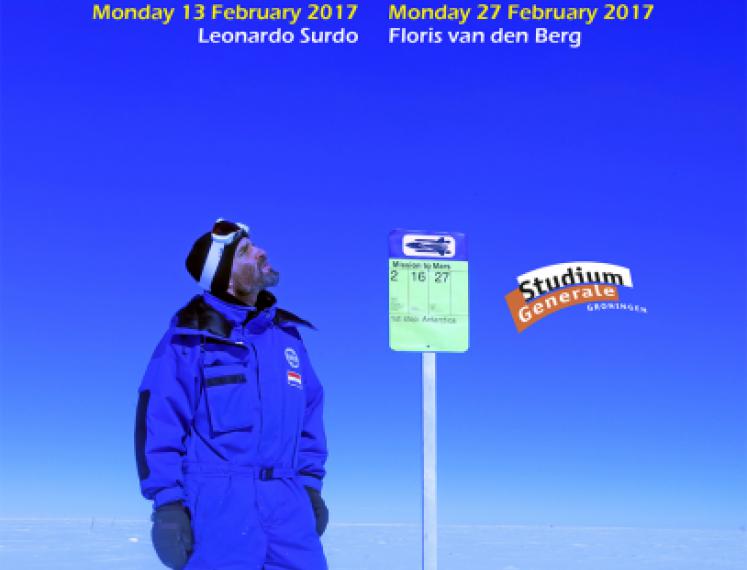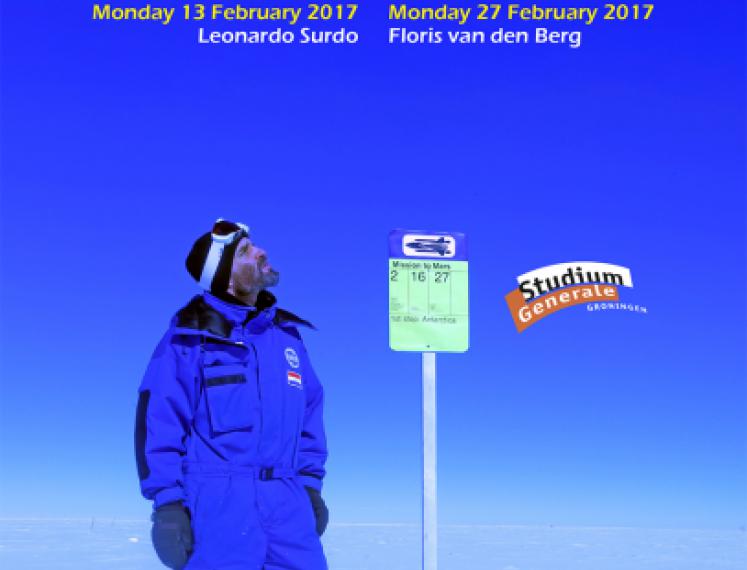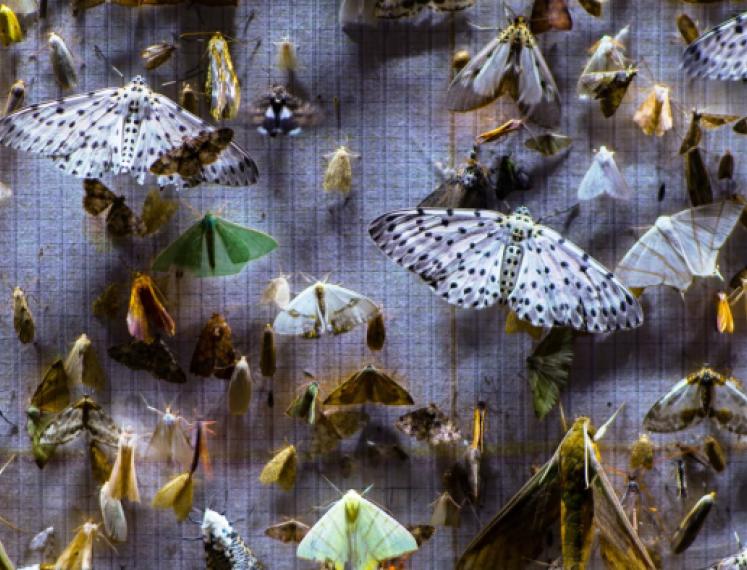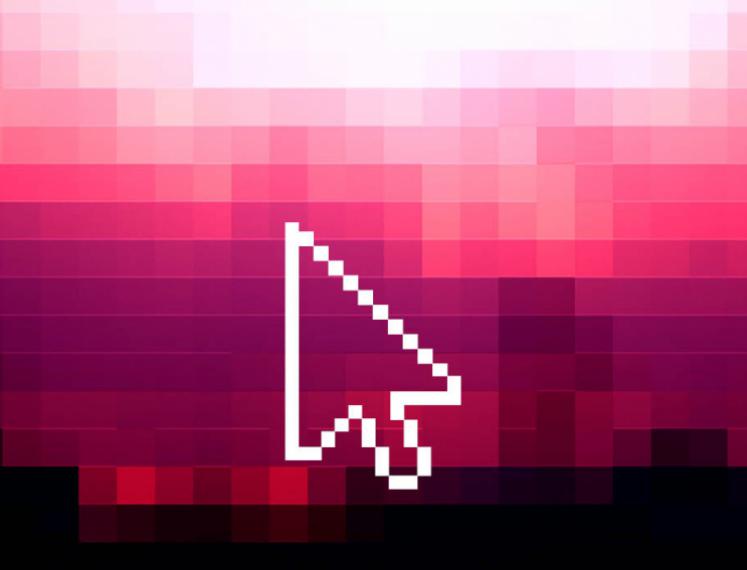Academy Building
Broerstraat 5
Groningen
Nederland
Travelling to Mars and Beyond
When humans eventually travel to the Red Planet, the voyage will be long and difficult. What challenges do we need to overcome to make a mission to Mars a reality?
In recent years, the objectives of all space programmes have grown increasingly sophisticated and ambitious. Future missions will focus on exploration at greater distances from Earth and extended stays in space. To ensure that these goals are achieved, astronauts must be able to perform at peak productivity under even the most daunting conditions. European Space Agency's (ESA) Human Research Programme is dedicated to discovering the best methods and technologies to support safe, productive human space travel. The research includes investigations into providing appetizing food and optimal nutrition to managing the environmental risks posed by radiation and lunar dust. Scientists and engineers from all over Europe work to predict, assess, and solve the problems that humans encounter in space. ESA's Human Research Programme uses research findings to develop procedures to lessen the effects of the space environment on the health and performance of humans working in that setting. With the goal of travelling to Mars and beyond, ESA is using ground research facilities, the International Space Station, and analogue environments to develop these procedures and to further research areas that are unique to Mars.
Leonardo Surdo works as Project Scientist at the European Space Agency's Human Research Office. He coordinates human research experiments studying the effects of microgravity, isolation and confinement and radiation on the human body, using various ground-based as well as the International Space Station. Leonardo Surdo studied Space Sciences in Strasbourg, France and joined the Agency in 2013.




